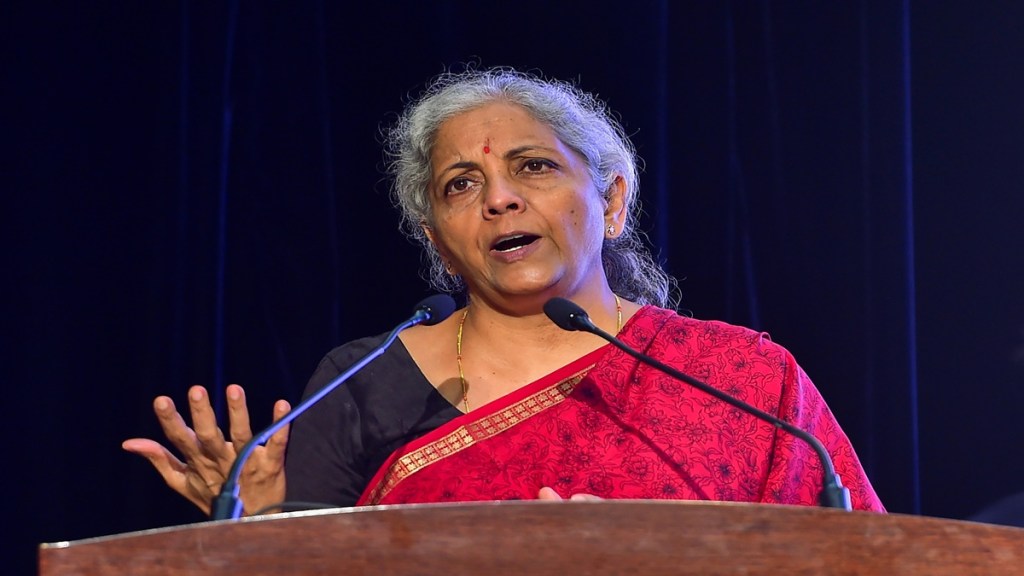Finance minister Nirmala Sitharaman has called for enhanced policy cooperation and sharing of experiences among countries to deal with downside risks to global economic recovery and their spill-overs.
India, she said in Washington, has maintained “accelerated growth momentum”, after the contraction in 2020, by “balancing the immediate needs of the economy with long-term structural reforms”, according to the finance ministry tweets.
Sitharaman was speaking at the meetings of the finance ministers and central bank governors of the G20 nations in Washington DC. She is on a visit to the US to attend the annual meetings of the International Monetary Fund (IMF) and World Bank, and other key meetings on the sidelines of these events. She will also hard-sell the India growth story in her series of meetings with business leaders to draw investments.
Also Read: 13 major states have fiscal space for Rs 7.4 lakh cr capital spending in FY23: Icra
Several international agencies have pared down their economic growth forecasts for the world as well as India in recent months, given the tightening of interest rates by key central banks and the Ukraine war. Although the Fund has kept unchanged its 2022 growth projection for the global economy at 3.2% but it has scaled down the 2023 projection by 20 basis points from the July forecast to 2.7%. The World Trade Organization has also cautioned about a “darkened 2023” for trade and economic growth globally.
As for India, several agencies have, in recent weeks, cut their forecasts. The IMF has trimmed its FY23 growth projection for the country by 60 basis points to 6.8%, while the World Bank has presented the gloomiest forecast of 6.5%, having slashed it by 100 basis points from its earlier prediction. Of course, the country still remains the world’s fastest-growing major economy and is better placed than most others to tide over the latest crisis.
FM holds several bilateral meetings
The minister held a number of bilateral meetings with her counterparts from Japan, South Korea, Saudi Arabia and the Netherlands in a bid to further deepen economic ties. She discussed with them challenges to the global economy, including the energy crisis and inflation in the wake of the Ukrainian war, in addition to debt sustainability, and climate change.


